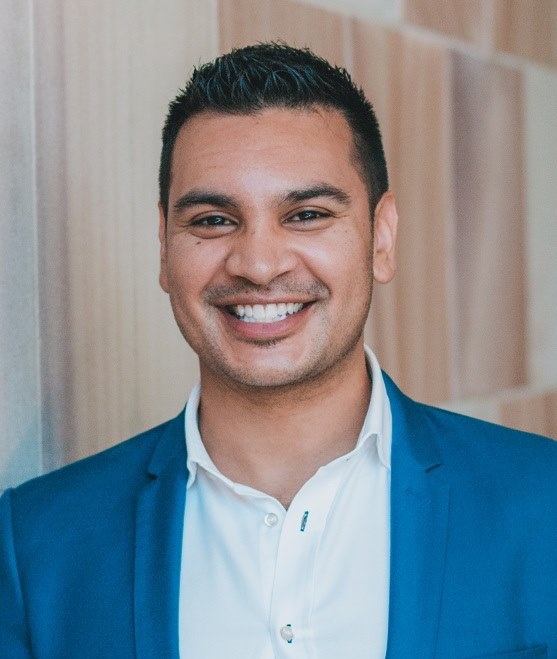Longitudinal data to enable evidence-informed change

Interview with Dr Hashim Abdeen,
Chair, AMA Council of Doctors in Training
Giving a voice to other doctors in training is what motivates Dr Hashim Abdeen, the Chair of the AMA Council of Doctors in Training.
'Medical training can be extremely hierarchical and what you say can definitely influence your career,' Dr Abdeen said.
While not everyone feels empowered to speak up, the Medical Training Survey (MTS) is an independent tool that gives doctors in training a safe and important voice on issues about their training, he says.
'By doing the survey, all doctors in training can make their voices heard. Through the MTS, we can detect areas of concern so they can be addressed, and identify areas of good practice, so they can be replicated,' Dr Abdeen said.
'The most important thing for me is to be a conduit for doctors in training who feel their voices are not heard, and the Medical Training Survey has an important role in that,' he said.
As a trainee advocate, Dr Abdeen has been involved with the Medical Training Survey since the beginning. He knows more than most why it matters, and how much effort has gone into making it safe for doctors in training to take part.
The Medical Training Survey has prioritised confidentiality and individual privacy, and results are not published when there are fewer than 10 responses.
The 2019 MTS results are now published. Results from the 2020 survey will consolidate these and start to provide important longitudinal data.
According to Dr Abdeen, this will be the key to getting results for smaller specialties, which have relatively few trainees.
'We really need year on year data to fill existing gaps in results and build an evidence base about the quality of training across all specialties and in the prevocational space' Dr Abdeen said.
'I'm really encouraging all doctors in training to take part this year, so that over time we build a data set that will enable real change,' he said.
Dr Abdeen was not surprised by the 2019 MTS results, which in general found there was a lot going well in medical training in Australia. Also, trainees have known for many years about issues with the culture of medicine, including bullying and harassment, he said.
'Lots of agencies across the sector are trying different things to address these problems, but until now, we haven't really known what is working and what isn't and further where best to target specific interventions,' he said.
'The MTS will give us detailed data to enable evidence-informed change where this is needed, by identifying both hotspots and strengths,' he said.
'It's all about ensuring we continue to produce high quality doctors into the future.'
Now an advanced rheumatology trainee in Townsville, Dr Abdeen is balancing life as Chair of the AMA Council of Doctors in Training, with full time clinical work.
'There are so many meetings! But I have to say that I do love them, and it is such a privilege to be able to represent my fellow colleagues and advocate on their behalf,' he said.
For further information on the AMA Council of Doctors in Training please visit: https://ama.com.au/resources/doctors-in-training or contact cdt.chair@ama.com.au